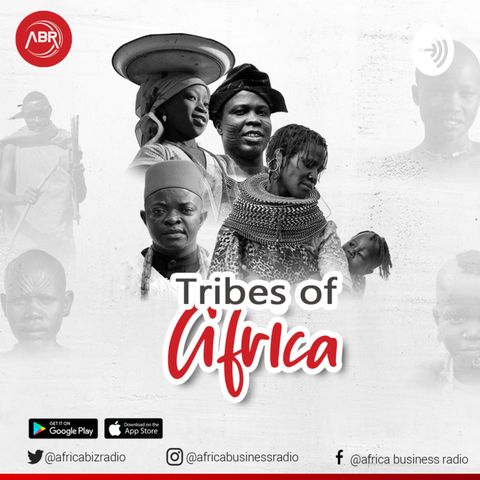The Efik of Nigeria

Iscriviti gratuitamente
Ascolta questo episodio e molti altri. Goditi i migliori podcast su Spreaker!
Scarica e ascolta ovunque
Scarica i tuoi episodi preferiti e goditi l'ascolto, ovunque tu sia! Iscriviti o accedi ora per ascoltare offline.
Descrizione
Efik people inhabit the lower Cross River in Cross River State, Nigeria. They also occupy southwestern Cameroon including Bakassi. Their language is the main dialect and language of the Efik-Ibibio...
mostra di piùThe Efik, who are culturally and linguistically related to the Ibibio, migrated down the Cross River during the first half of the 17th century. They founded Creek Town, Duke Town, and other settlements.
The Efik occupied Old Calabar which developed into a major trading center from the 17th to the 19th century, where slaves were exported and later palm oil was sold in return for European goods. European ships had to pay a duty to Efik chiefs for the privilege of trading.
During the 20th century, a large part of the Efik population moved from the towns and settled in farming villages in the forest. The staple foods are yams and cassava, supplemented by taro, corn, fruits and vegetables, and fish.
Households formerly consisted of a man, his several wives, and their children, but polygyny has become relatively rare. Efik household, which was once organized according to male descent, now sees groups of households being formed into what is known as a House, whose leader is chosen for ability rather than age. Related Houses occupy the wards into which settlements are divided.
In Efik tradition, the obong, or paramount leader, is elected from among the heads of various Houses. He traditionally exercised his authority as head of the society. This graded secret male society made and enforced laws by fines, capital punishment, or boycotts. It judged cases; maintained internal peace; and served as the executive government of Efik society. The society also carried out ritual propitiation of forest spirits to ensure the well-being of the community. It also functioned as a force for tribal unity, as society members from one village were accepted by members in another village.
Traditional Efik religion includes belief in a supreme creator god, ancestral, and other supernatural beings, magic, sorcery, and witchcraft.
In Efik mythology, Abasi is considered to be the Supreme Creator. His wife, Atai, is known as the mediator. It is believed that Atao convinced Abasi to allow two humans, also known as their children of the corn, to live on Earth, but forbade them to work or reproduce. The children were required to return to heaven with Abasi whenever he rang the dinner bell. These rules were established so that the Efik people would not surpass Abasi in wisdom or strength. Eventually, the children disobeyed and Abasi killed them both. In his disgust, Abasi and Atai gave humans two gifts: chaos and death.
However, the 1868 publication of an Efik-language Bible had a significant impact, and in the 21st century, most Efik identified themselves as Christians.
It was also believed that twins were a disgrace to Abasi. It was thought to be evil for a woman to give birth to twins; the woman would be burnt alive and the twins were taken and left for dead in the desert.
People of Efik descent are known as ñáñigos or carabalís in Cuba.
Informazioni
| Autore | Africa Business Radio |
| Sito | - |
| Tag |
Copyright 2024 - Spreaker Inc. an iHeartMedia Company
